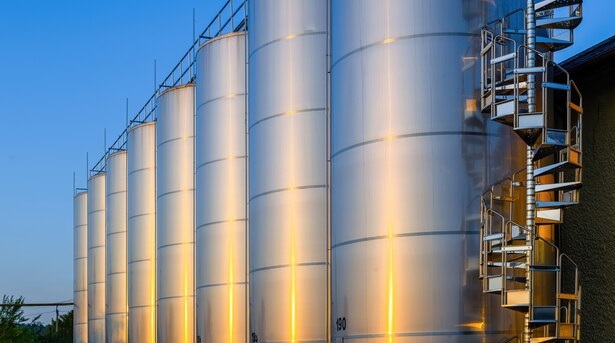Oil and petroleum, as vital components of the global energy landscape, have profound implications for the economic prosperity and geopolitical standing of nations. This article by Sama 6 News explores additional countries that rank among the richest in terms of oil and petroleum resources, shedding light on their reserves, production capabilities, and the impact of these resources on their economies.
Saudi Arabia: The Undisputed Leader
Saudi Arabia stands as the world’s leading oil-rich nation, holding a significant portion of the globe’s proven oil reserves. With vast oil fields, including the massive Ghawar Field, Saudi Arabia has been a key player in the global oil market for decades. The country’s economic fortunes are intricately linked to its oil industry, with oil exports contributing substantially to its GDP. The Saudi Arabian government has strategically leveraged its oil wealth to diversify the economy through initiatives like Vision 2030, aiming to reduce dependence on oil revenue.
Russia: The Energy Giant of Eurasia
Russia, with its expansive landmass, is home to extensive petroleum reserves. Siberia, in particular, is a treasure trove of oil and gas resources. The Russian Federation has consistently ranked among the top oil-producing countries globally. The revenue generated from oil exports significantly influences Russia’s economic policies and political decisions. However, the country faces challenges such as fluctuating oil prices and geopolitical tensions impacting its oil-dependent economy.
United States: Shifting the Global Energy Landscape
The United States has undergone a remarkable transformation in the last decade, emerging as a major player in the global oil and petroleum sector. The development of shale oil and gas resources, particularly in the Permian Basin, has catapulted the U.S. to the forefront of oil production. The shale revolution has not only enhanced energy security but has also positioned the U.S. as a net exporter of oil. This shift has profound implications for global energy dynamics and geopolitical relationships.
Canada: The Oil Sands Powerhouse
Canada boasts one of the world’s largest reserves of oil sands, primarily located in Alberta. Extracting oil from these sands, however, is a complex and resource-intensive process. The country has invested heavily in technology and infrastructure to unlock the vast potential of its oil sands, making Canada a key player in the global oil market. Nevertheless, the environmental impact of oil sands extraction has sparked debates, prompting efforts to balance economic interests with environmental sustainability.
Iraq: Recovering and Rebuilding
Iraq, despite facing significant challenges due to geopolitical instability, remains a major player in the global oil market. The country possesses substantial proven oil reserves, particularly in the Basra region. Iraq’s oil production has steadily increased in recent years, contributing significantly to its economic recovery after years of conflict. The nation continues to attract international investments in its oil sector, aiming to further enhance production capacity and leverage its oil wealth for economic development.
Venezuela: South America’s Oil Giant
Venezuela holds the world’s largest proven oil reserves, primarily located in the Orinoco Belt. Despite its vast wealth in oil resources, the country has faced economic challenges and political instability. The oil sector has historically been a crucial source of revenue for Venezuela, but mismanagement, corruption, and economic downturns have led to a decline in production and exports. Venezuela’s oil industry continues to be a focal point for both domestic and international concerns.
Kuwait: A Small Nation with Abundant Resources
Kuwait, a relatively small country in terms of land area and population, possesses significant oil reserves. The nation’s economy is heavily dependent on oil exports, with hydrocarbons contributing a substantial portion to its GDP. Kuwait has consistently invested in modernizing its oil infrastructure to maintain and enhance its production capabilities. As a member of OPEC, Kuwait also plays a role in shaping global oil policies.
United Arab Emirates: Diversifying Beyond Oil
The United Arab Emirates (UAE) has experienced rapid economic growth driven by its oil wealth, particularly in Dubai and Abu Dhabi. While oil remains a crucial component of the UAE’s economy, the country has actively pursued diversification strategies. Investments in tourism, real estate, and technology aim to reduce dependence on oil revenue and position the UAE as a global economic hub.
Richest Countries in Oil and Petroleum: Conclusion
The world’s richest countries in oil and petroleum resources wield considerable influence on the global stage. These nations, often characterized by strategic geopolitical importance, utilize their oil wealth to drive economic growth, fund infrastructure projects, and shape international relations. However, the dependence on oil also exposes these countries to the volatility of global oil markets and environmental concerns. As the world transitions towards cleaner and more sustainable energy sources, the future of these oil-rich nations will undoubtedly be shaped by their ability to adapt and diversify their economies.

